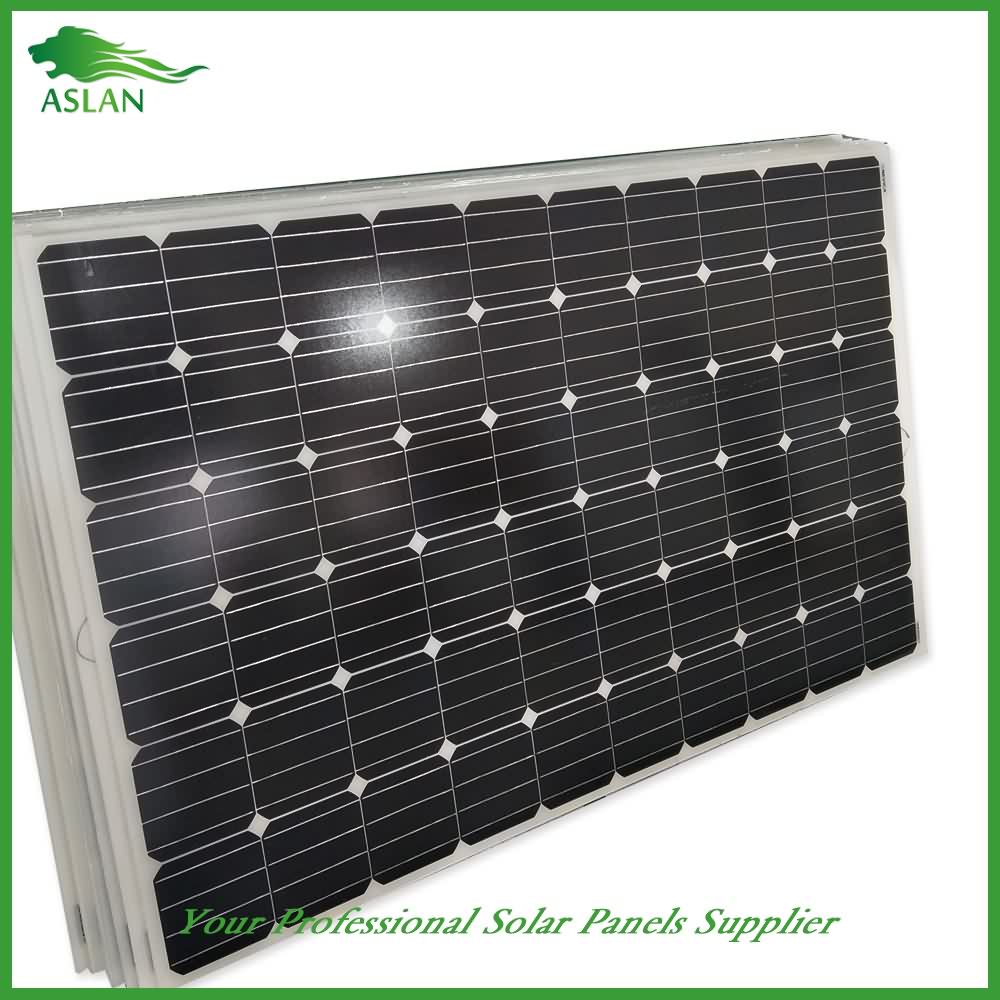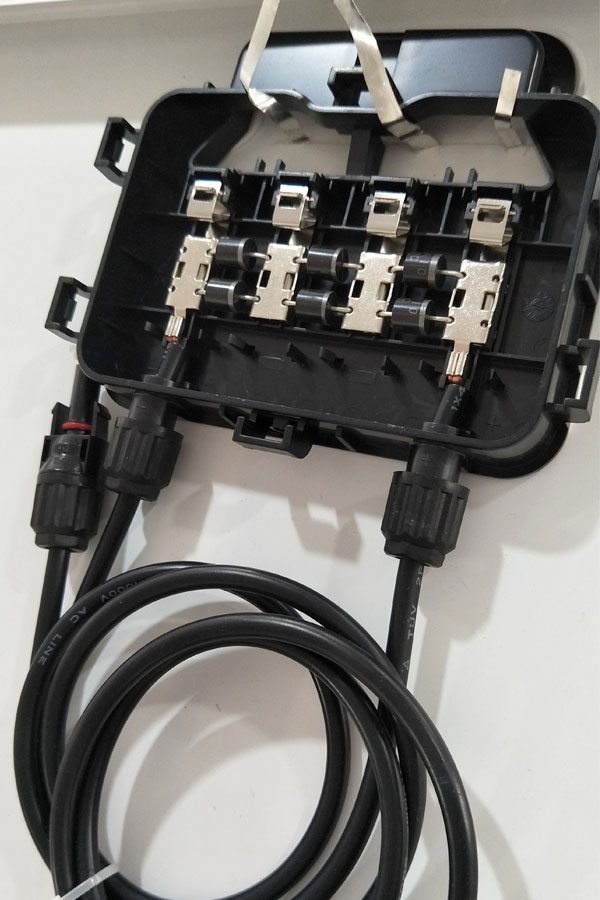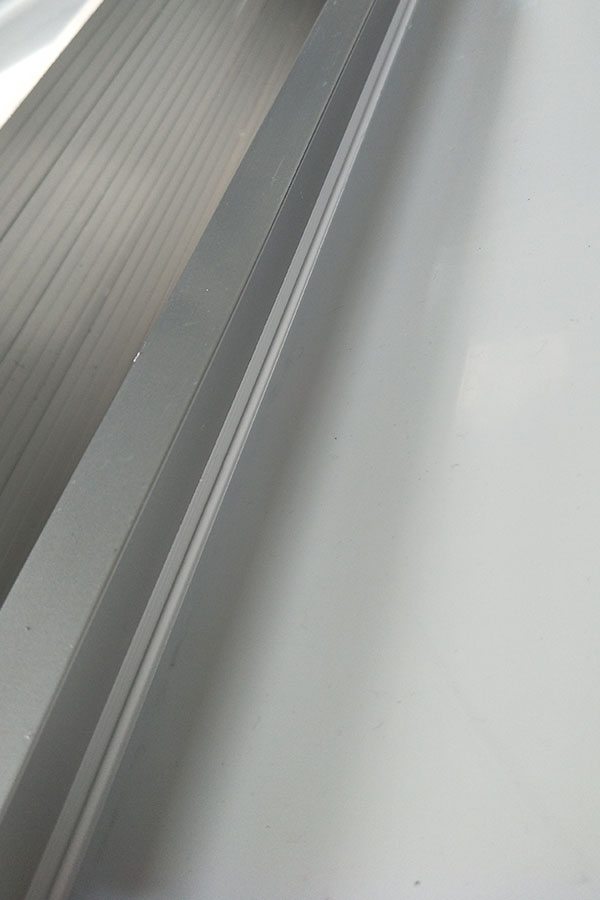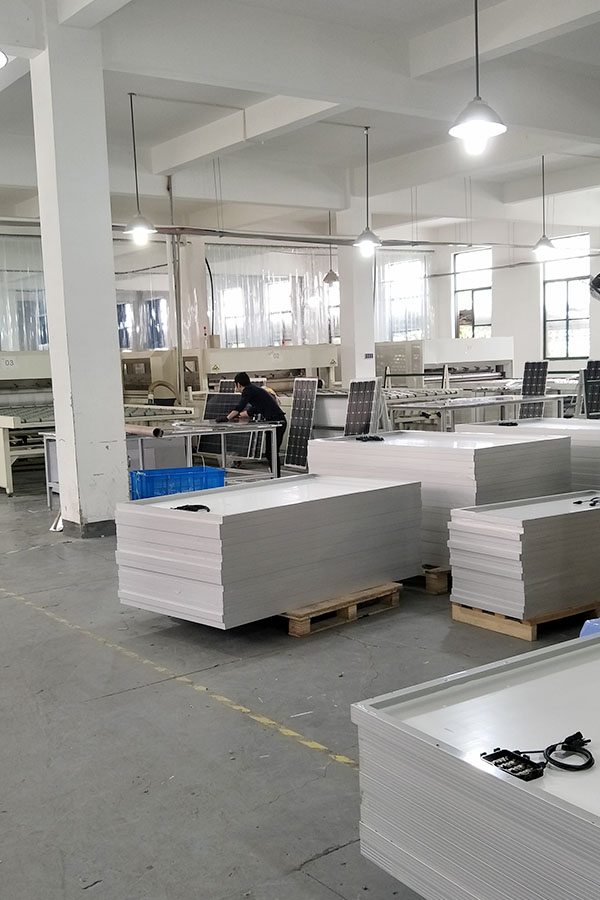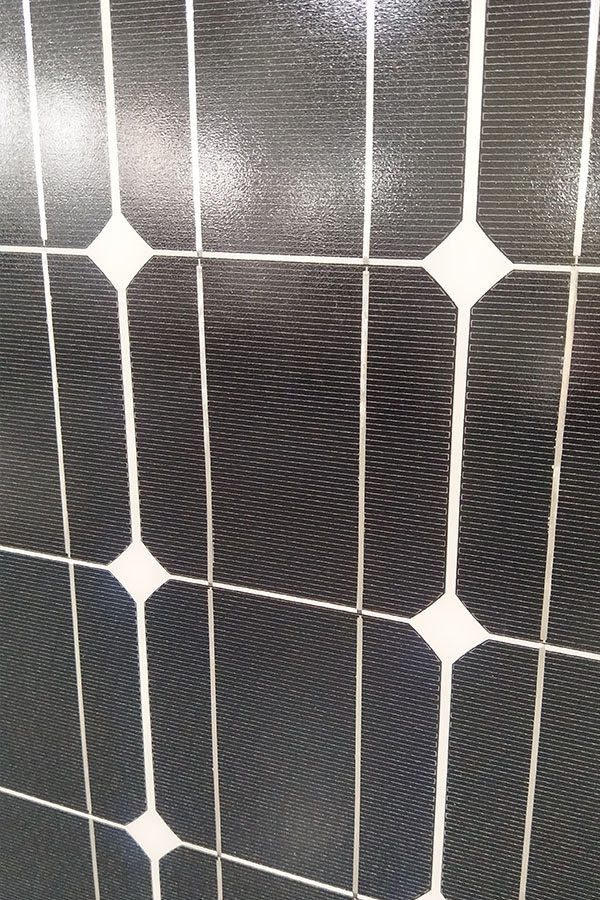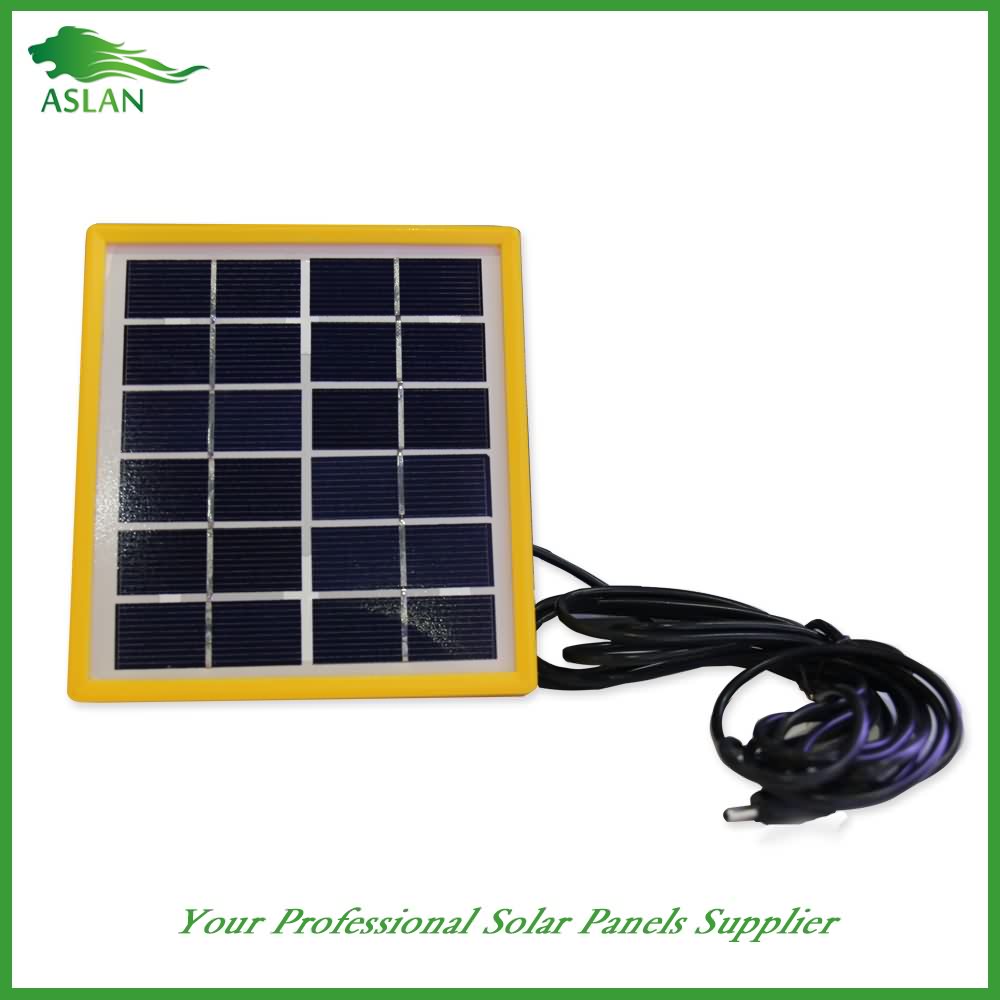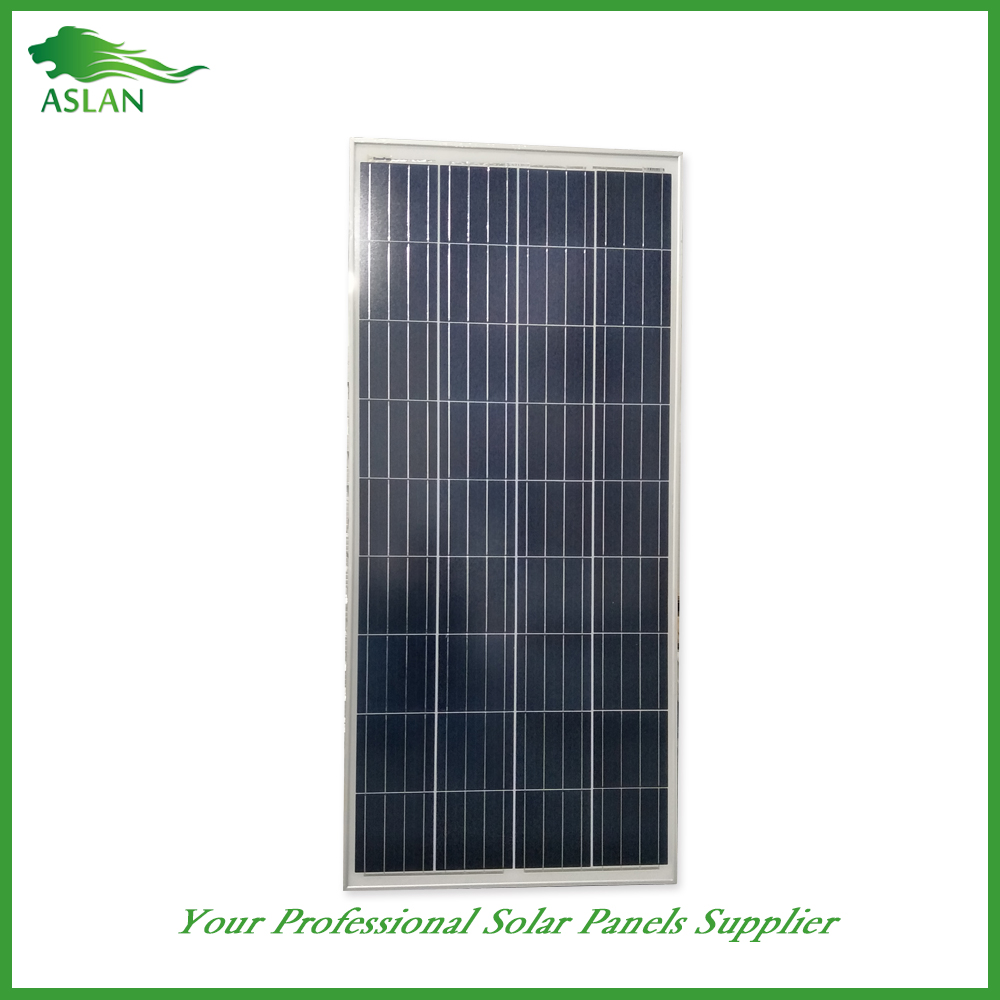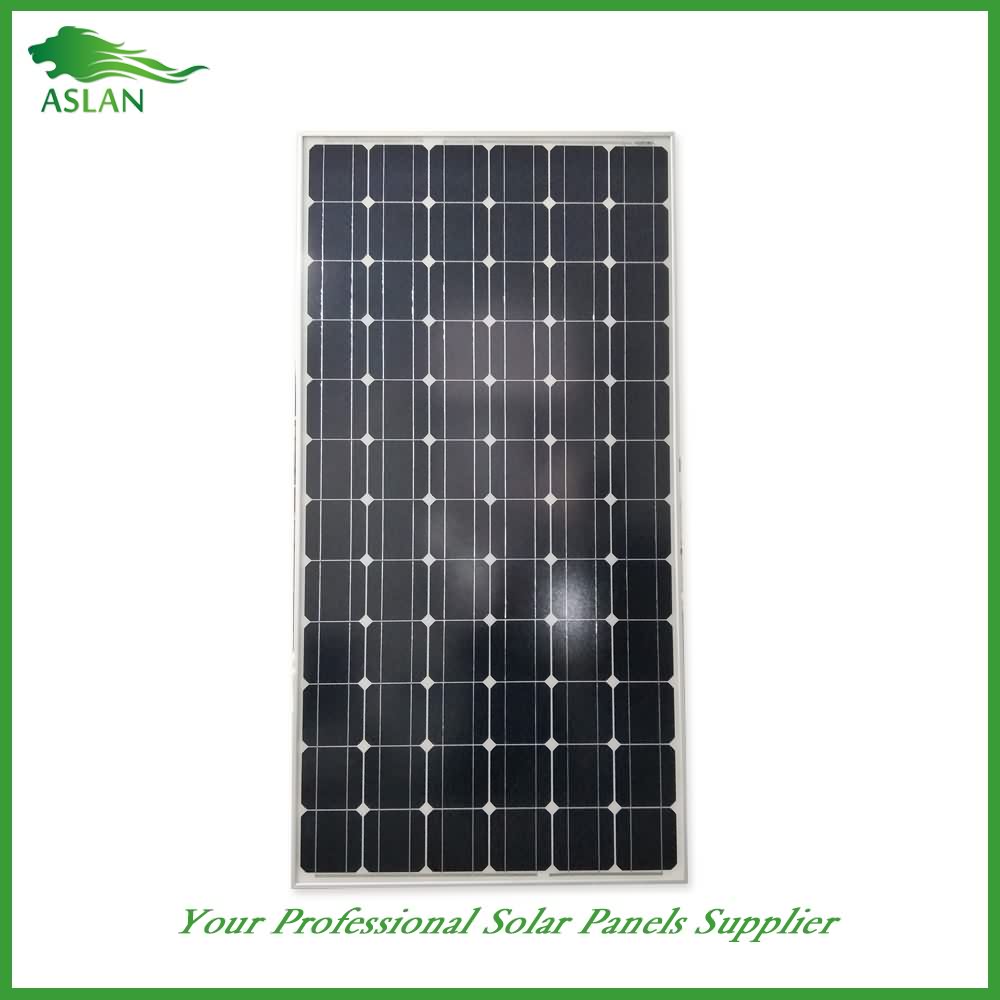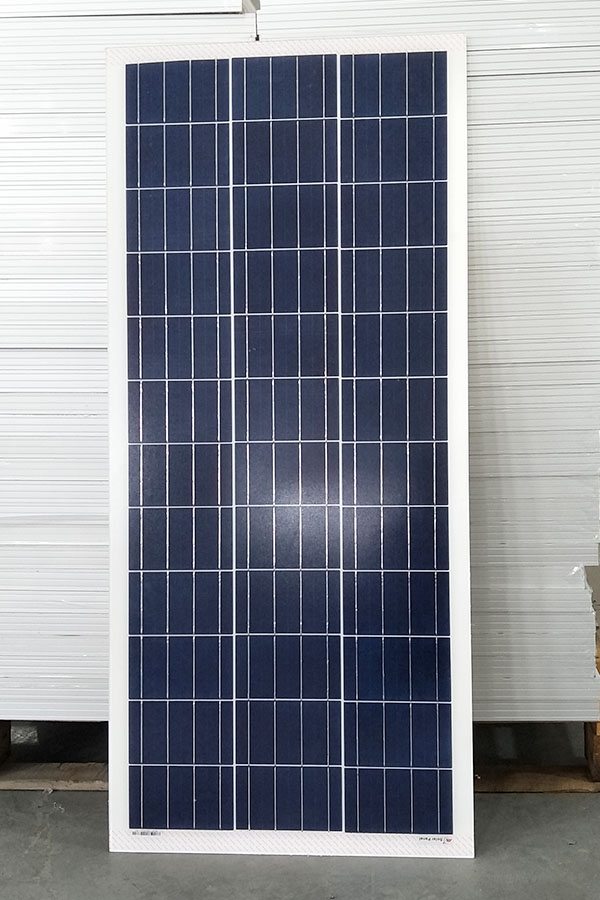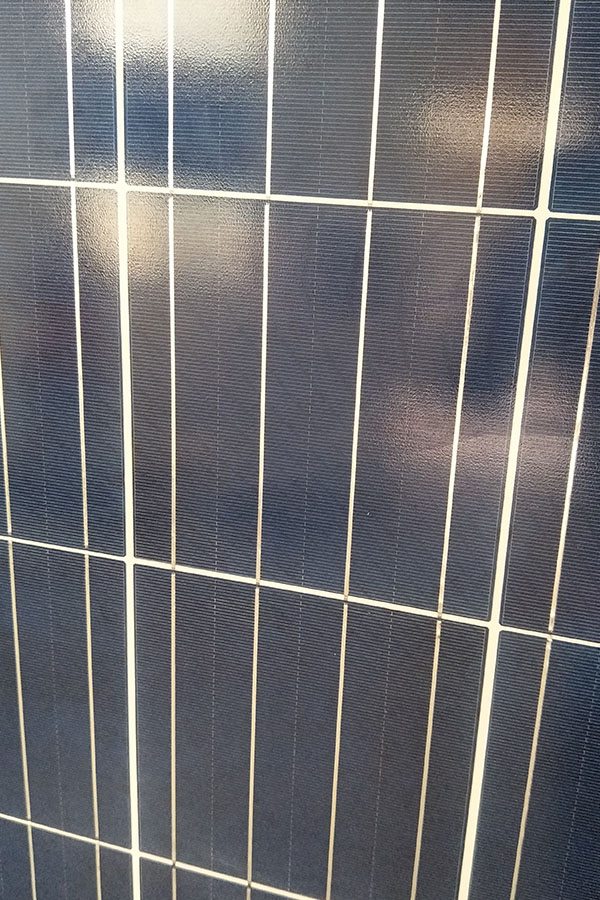9 Years manufacturer Mono-Crystalline 250W Solar Panel for Singapore Factory
Short Description:
The customer satisfaction is our primary target. We uphold a consistent level of professionalism, quality, credibility and service for
9 Years manufacturer Mono-Crystalline 250W Solar Panel for Singapore Factory, Our mission is to help you create long-lasting relationships with your clients through the power of promotional products.
Mono-Crystalline 250W Solar Panel
Technical parameter
Maximum Power(W) 250W
Optimum Power Voltage(Vmp) 30.3V
Optimum Operating Current(Imp) 8.29A
Open Circuit Voltage(Voc) 36.76V
Short Circuit Current(Isc) 8.91A
Mechanical Characteristics
Cell Type Monocrystalline 156x156mm (6 inch)
No of Cell 60 (6x10pcs)
Dimensions 1640x990x40mm
Weight 18.0KGS
Front Glass 3.2mm,High Transmission, Low Iron,Tempered Glass
Junction box IP65 Rated
Output Cable TUV 1×4.0mm2/UL12AWG,Length:900mm
Temperature and Coefficients
Operating Temperature(°C): -40°C ~ + 85°C
Maximum System Voltage: 600V(UL)/1000V(IEC) DC
Maximum Rated Current Series: 15A
Temperature Coefficients of Pmax: -0.47%
Temperature Coefficients of Voc: -0.389%
Temperature Coefficients of Isc: 0.057%
Nominal Operationg Cell Temperature (NOCT): 47+/-2°C
Materials of solar panel
1).Solar Cell——Mono-crystalline solar cell 156*156mm
2).Front Glass——-3.2mm, high transmission, low iron, tempered glass
3).EVA——-excellent anti-aging EVA
4).TPT——-TPT hot seal made of flame resistance
5).Frame——anodized aluminum profile
6).Junction Box——-IP65 rated, high quality, with diode protection
Superiority: high quality anodized aluminum frame, high efficiency long life, easy installation, strong wind resistance, strong hail resistance.
Features
1. High cell efficiency with quality silicon materials for long term output stability
2. Strictly quality control ensure the stability and reliability, totally 23 QC procedures
3. High transmittance low iron tempered glass with enhanced stiffness and impact resistance
4. Both Polycrystalline and Mono-crystalline
5. Excellent performance in harsh weather
6. Outstanding electrical performance under high temperature and low irradiance
Quality assurance testing
Thermal cycling test
Thermal shock test
Thermal/Freezing and high humidity cycling test
Electrical isolation test
Hail impact test
Mechanical, wind and twist loading test
Salt mist test
Light and water-exposure test
Moist carbon dioxide/sulphur dioxide
By Lucia Lyu
lucia@keylandlaser.com
Stoltz Bluff Eco-Retreat sits on 40 acres of private forest land overlooking a river valley on Vancouver Island in British Columbia. The small house was designed and hand-built by owners Tonya and Leon using natural and recycled materials, and is completely off-grid.
The home’s thick walls are made of cob, a mix of clay, sand and straw. The clay and sand are typically available from nearby sources, if not from the building site itself, while straw is an agricultural waste product, making cob a very sustainable building material. One of the advantages of cob building is that it is easy to create curved and sculptural forms. The thick walls give cob houses a lot of thermal mass, moderating indoor temperatures and making the house easier to heat and cool. Cob building is easy to learn but very labor-intensive. As a result, it is an inexpensive way to build if you do the work yourself, but is more costly than standard construction if you hire someone else to do the work.
The floor plan has two bedrooms in 1,000 ft2 (92.9 m2) of interior room. The kitchen, living and dining rooms are open to each other but each is its own distinct space. Salvaged old growth posts and beams set off the kitchen, and the living room is defined by a curving cob bench. The highlight of the space is the Rumford fireplace faced with compacted layers of colored soil. The floors look like concrete but they are actually compacted earth which has been sealed with natural oils and waxes. In the bathroom, the custom shower with cob seat was waterproofed with a natural lime plaster.
As Stoltz Bluff Eco-Retreat is off-grid, it relies on solar panels for electricity and gets its water from a well, with the roof designed for a future rainwater collection system. Waste water is treated in a constructed wetland, which removes contaminants using the same principles as natural wetlands.
Photographs courtesy of Stoltz Bluff Eco-Retreat and by David Stanley (made available under a Creative Commons license).
http://www.stoltzbluffecoretreat.com/
http://www.panoramio.com/photo/93291528
http://creativecommons.org/licenses/by/3.0/
More Videos: #tinyhouse #tinyhouses #smallhouse #cottage #cabin #tiny #tinyhome
============================
#TinyHouseLover is a channel sharing homes under 500 sq ft. In the past few years, #tiny homes have surged in popularity. They’re economical, environmentally friendly, and encourage people to live minimally.
